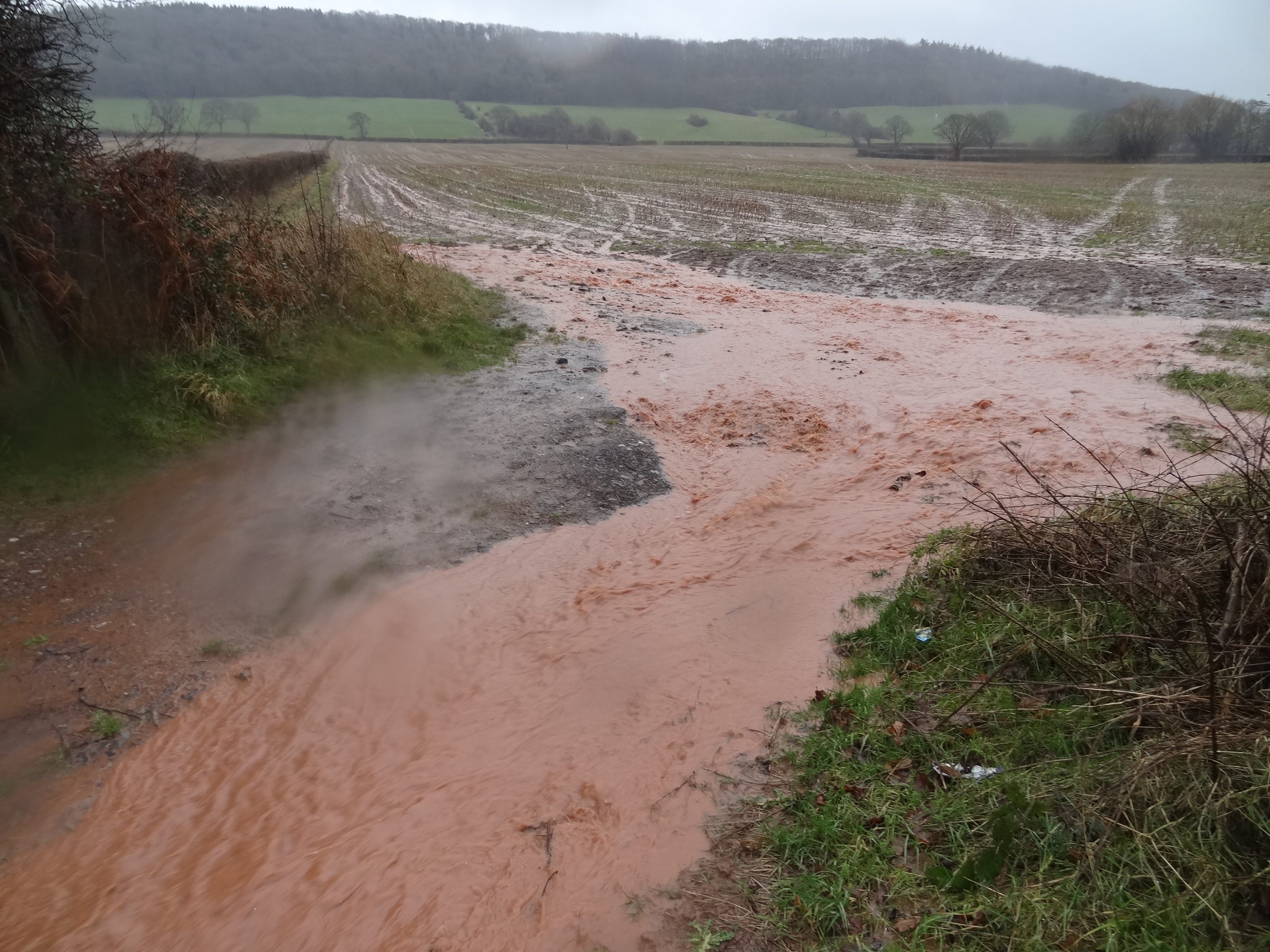
- Soil Association
- Take action
- Organic living
- Why organic?
- Better for the planet

Better for the planet
Why is organic better for the planet?
There is a climate emergency - we have less than ten years to change our behaviour to prevent catastrophic global heating. However, the way we eat and farm can make a world of difference.
Did you know that adopting nature-friendly farming, along with other key changes to our food systems, could help keep global warming below 2°C?
Agroecological farming systems, like organic, are intended to sustain the health of soils, ecosystems and people, working within nature’s cycles and producing food in ways that do not harm the environment.
There are multiple benefits of organic farming for the planet – organic farms:
- Have lower emissions and use less energy
- Lower the risk of pollution in soils and waterways
- Capture and store more carbon
If Europe’s farmland all followed organic principles, agricultural emissions could drop by 40-50% by 2050, with plenty to feed the growing population healthy diets.
Organic farms use less energy, and tend to have lower emissions:
On average, organic farms use less energy than non-organic farms. This is because organic standards encourage farmers to ‘close the loop’, making use of what’s to hand and limiting the use of imported resources. It’s this respect for the natural world and ability to work with nature that makes organic farming better for the planet:
- Organic farming reduces greenhouse gas emissions by severely restricting the use of manufactured chemical fertilisers, which are often imported from abroad and come from burning fossil fuels. Instead, farmers rely on natural fertilisers, which can be sourced locally or from their own farm like green manures, animal manures and ‘cover crops’ to fix nutrients, as well as crop rotations.
- Soil Association organic standards severely restrict the use of peat in composts. Peat comes from peatlands and peat bogs – they are an important carbon sink and a valuable part of our ecosystem, which are vital for combatting climate change.
- GM animal feed is banned under organic standards. Most non-organic British chickens, pigs and cows are fed with GM crops, like maize and soya, which are imported from abroad. Organic cows must be fed a minimum of 60% grass-based diet, rather than other feeds like cereals and soya, which are often imported.

Organic farming reduces nitrogen pollution:
Nitrogen is an element essential for all life on earth and vital in food and farming. But, when used in excess, nitrogen becomes a dangerous pollutant of our air, rivers, soils and seas.
The creation of artificial fertilisers consumes 3-5% of all global natural gas; this fossil fuel-reliant system has been a quick fix for producing more food but has come at a huge cost to nature, climate and human health.
How is organic different?
- Banning the use of synthetic nitrogen fertilisers in organic systems lowers the risk of environmental pollution from farming. Nitrogen fertilisers can create ‘ocean dead zones’ which deprive life below water of vital oxygen.
- In addition, healthy soils protect underground water supplies, by neutralising or filtering out potential pollutants. Increasing soil organic matter levels through organic farming methods, like composting and manure can improve this function.

Organic soils store more carbon:
Did you know that our soils store more carbon than the atmosphere, and all of the world’s plants and forests combined? Healthy soils are one of our most important weapons in the fight against climate change.
Healthy soils ‘sequester’, or store carbon dioxide from the atmosphere, drawing it down through photosynthesizing organisms like trees and plants, and storing it as ‘soil organic carbon’.
Organic farming is based on taking care of the soil, nourishing the soil with composts, manure and regular rotations, and keeping it covered with different crops throughout the year. This helps build 'soil organic carbon', and as a result, long term studies have shown comparing organic and conventional farming systems that soils in organic farms store more carbon.
Images: Left - soils left uncovered and unprotected can erode or wash away during flooding and extreme weather conditions.
Right - systems like agroforestry (growing trees on farms) and planting hedgerows can help protect soils, covering land with a canopy, acting as barriers for soil erosion, and fixing soil in place through their root systems.


The ‘whole system’ approach of organic farming and food product means farming in a way that respects all areas involved in our food systems.
Closing the loop by making use of what’s to hand, like manures and compost instead of artificial fertilisers, means fewer polluting inputs imported from abroad, and healthier soils that capture and store more carbon.
These factors make agroecological farming, like organic, a powerful tool in our efforts to mitigate for, and slow down climate change.
Organic soils are around 25% more effective at storing carbon in the long-term, with soil carbon increasing on average by 2.2% per year after converting to organic.
-
Sign up to our email community
If you're interested in learning more about sustainable food, farming and forestry, sign up for our regular newsletter. You'll be first to hear about opportunities to get involved in our campaigning work, and we'll send you top tips for sustainable living.
sign up
